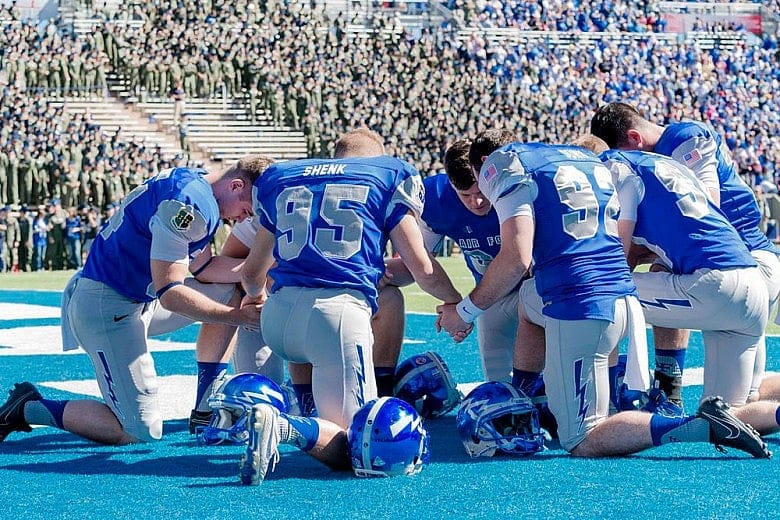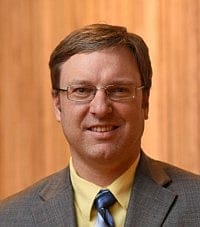The perversion of the establishment clause

A football coach in Washington was recently suspended from his duties because he made a habit of praying at midfield following games. Players or students were never asked or required to participate, but some did join him voluntarily for a postgame prayer that typically lasted 15 to 20 seconds. Prior to his suspension, the coach was ordered to stop praying because school officials, citing the Supreme Court, said they did not want to be seen as endorsing religion. The school district said that "students required to be present by virtue of their participation in football or cheerleading will necessarily suffer a degree of coercion to participate in religious activity when their coaches lead or endorse it."
Around the time of the founding of this country, religion was an integral part of daily activities in both government and schools. The Bible was a textbook in many schools, church services were held in the Capitol building, and prayer in both forums was commonplace and routine. The Founding Fathers that wrote the First Amendment lived in such a world and valued its ideals, but in reaction to the heavy hand of the Church of England, they thought it prudent to enshrine that there would be no national church denomination in their new country.

